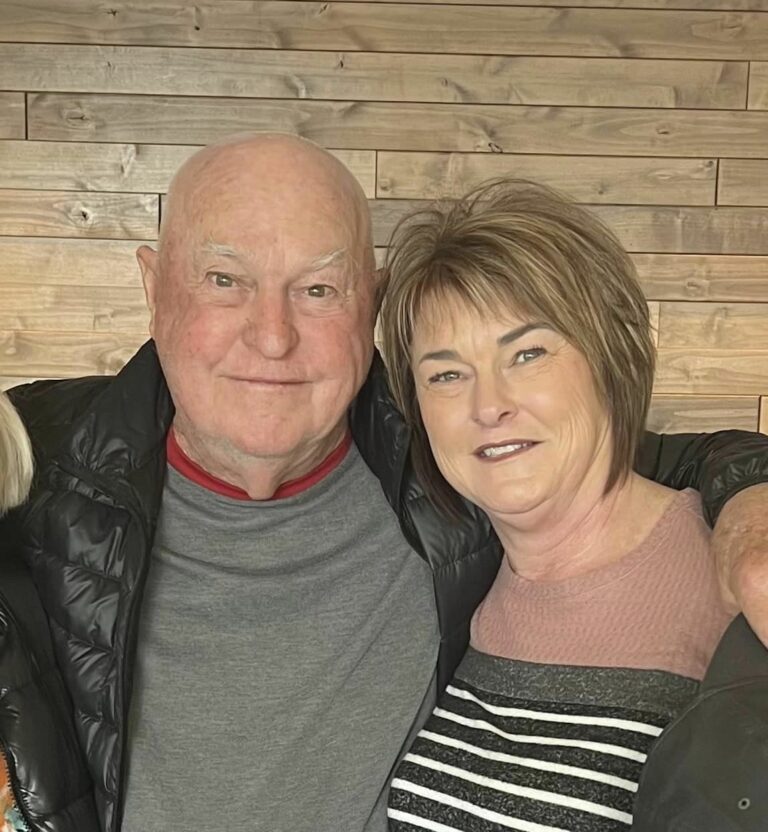
People undergoing surgical procedures often require assistance before and after the operation. Seniors may need extra help because they tend to take more time to recover and may have outstanding health issues that necessitate care.
If your loved one is having surgery, try these tips to help him or her prepare:
Consider Mobility
Will the older person be able to get around immediately after returning from the hospital? The senior will likely require a wheelchair or walker if he or she has a major operation. It’s not always easy to navigate around one’s home with these helpful tools, so ensure the senior has enough room between furniture and other household features to get from one place to the next. You can procure a wheelchair or walker at a pharmacy or possibly buy or rent them from the hospital where the senior has surgery. Be sure to have the mobility aid on hand when the individual is released from the health care center so you can get him or her to the car and then home.
Help with Medications
The American Society of Anesthesiologists shared that seniors are at an increased risk for complications after surgery. This includes the potential for post-operative confusion and disorientation, cognitive dysfunction, and even long-term memory loss. Caregivers can help seniors recover by taking charge of the person’s medications. You should understand what to expect as the anesthesia wears off, such as how long it will take and what the person will feel like, so you can assess how he or she is doing. Also, know all the details of any medications the older person must take after the surgery. Understand what dosages to provide and when, as well as what side effects to watch. You can greatly reduce the senior’s stress by taking care of his or her medicine plan for a few days after the surgery. This will allow the person to have some recovery time and feel closer to normal before resuming typical activities.
 Plan to drive your loved one to and from the hospital and care for them immediately following the surgery.
Plan to drive your loved one to and from the hospital and care for them immediately following the surgery.
Be Prepared
Surgery is not a simple clinic visit. Whether it’s for the removal of painful bunions or an open-heart operation, the patient and his or her family must plan ahead. Make sure there is someone to bring your older loved one to the hospital at the predetermined time, as well as to pick him or her up when the surgery is over. Know the operation schedule so you can ensure the senior arrives with plenty of time to fill out pre-op paperwork and go through admittance procedures. Also, I need to know what will happen after the surgery. Often, seniors stay with healthcare providers longer than younger people because the anesthesia wears off more slowly and is riskier for senior patients. You may be able to be in the recovery room with the senior following the operation as he or she wakes up and becomes alert. Ask the doctor about this and any other questions so you are fully prepared to come on the day of the operation.
Monitor Eating and Drinking
Many surgeries have strict rules on patients eating and drinking before and after the procedure. Your loved one may not be able to eat or drink for up to 24 hours ahead of surgery. Make sure you understand this process and that the senior will comply. If you are concerned he or she will forget, perhaps due to dementia or Alzheimer’s, make sure to communicate this to the staff at his or her memory care community so they can keep an eye out and prevent the individual from accidentally ingesting something.
“Many surgeries have strict rules on patient eating and drinking.
If the older person eats or drinks, call the hospital immediately and share this news. They may reschedule the surgery or require that you ensure the person doesn’t eat or drink anything else. Once the procedure is over, the doctor may have some special requirements for food and drink. Seniors might be allowed to eat only soft foods, for example. Follow these post-op instructions, as they can greatly affect healing time.
To minimize stress as a caregiver and reduce your loved one’s anxiety, consider having them try post-surgery short-term stay services. The individual can receive around-the-clock care in a senior living community to ease the recovery process and provide you both with peace of mind.




